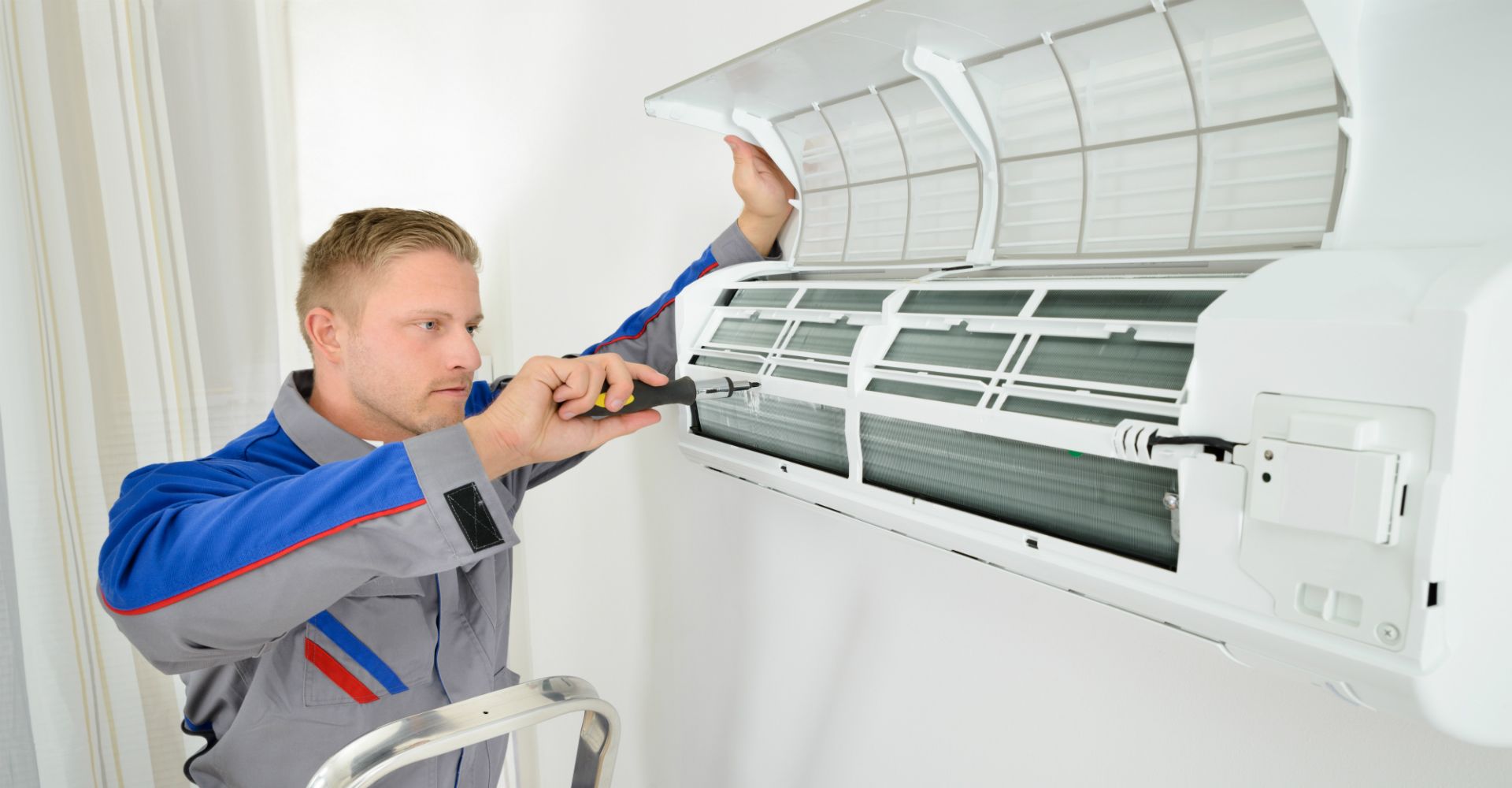Opening up the conversation about temperature regulation in our homes is indispensable in today’s ever-changing climate. Have you ever wondered why your electricity bill surges every winter or why your home doesn’t cool off quickly in the summer? Or perhaps you’ve noticed an odd noise from your heating or cooling system and can’t figure out why? In this comprehensive guide, we will journey into the world of home heating and cooling systems, leveraging on a blend of expert advice, research findings, and hands-on knowledge. This way, we will uncover how to get the best out of these systems while simultaneously dodging potential pitfalls.
The complexities of home heating and cooling systems can be daunting, especially when we consider the high-power costs involved and the importance of adept utilization for efficient operation. Yet, understanding these systems and their internal dynamics is the first step in achieving optimal benefits from them. This guide will take a multi-faceted approach to answering your burning questions, spotlighting everything from efficiency tips to potential traps in heating and cooling.
Our homes are meant to be comfortable havens, a respite from the extremes of the outdoor climate. This control over our interior environment largely depends on these heating and cooling systems. As we peel off the layers covering these systems, it’s our hope you’ll be more capable of making informed decisions that will contribute to a more energy-efficient home, functional spaces and ultimately, lighter bills.
Why an Efficient Heating and Cooling System Matters
In the world of designing homes that feel as lovely as they look, temperature plays an integral role. Comfort isn’t just a matter of aesthetic selections, but something as functional and seemingly mundane as effective temperature regulation can make all the difference. In this section, we’re exploring why an efficient heating and cooling system holds such a vital place in modern living.
The first and foremost reason is comfort; extreme temperatures can mean discomfort at best and health risks at worst. For many households, the challenge grows when the energy bills arrive. Rising energy costs and increased consumption during peak seasons underscore the need for efficiency in heating and cooling systems. Moreover, an efficient system is likely to be more durable, saving you from frequent expensive repairs or replacements.
What Should be Considered for an Efficient System
Integral to designing a home that marries beauty with function are efficiency considerations. Key factors in an efficient heating and cooling system include the size of your home, the type of system, and its energy efficiency rating. The maintenance and use of the system remain imperative, as these significantly impact efficiency over time.
Understanding and implementing strategic temperature control options such as zoning can drastically improve efficiency and lower costs. Other critical components include credible installation and maintaining a clean, unobstructed system pathway to allow unhindered airflow. Regular maintenance check-ups also help prevent minor issues from escalating into major, costlier problems.
When Should Systems be Checked and Updated?
Regular assessment of your heating and cooling systems is paramount, but the question remains: when is the right time for check-ups and updates? Typically, before the onset of extreme weather seasons (winter and summer),.
Systems should ideally be checked at least once a year to identify potential issues. A system with outdated or malfunctioning parts not only drains energy but can also pose risks such as gas leaks or electrical fires. Consequently, efficiency and safety both push for regular checks and timely updates.
Who are the experts?
Consulting with experienced professionals is necessary in the journey towards mastering efficient heating and cooling in homes. Certified HVAC technicians, energy auditors, and knowledgeable consultants are just some of the many experts who can guide you through the process.
Their role goes beyond mere installation, as they offer invaluable advice to homeowners about system maintenance, efficient utilization and potential upgrades. Consulting them frequently ensures you have a well-tuned system running at optimal efficiency.
The Pros and Cons of Different Systems
Not all heating and cooling systems are created equal. Some options may be terrific at conserving power, while others may shine in terms of cost-effectiveness or the area they can cover effectively.
A shortlist of the types of heating and cooling systems includes ducted heating, reverse-cycle air conditioning, evaporative cooling, and more. Each has its pros and cons in terms of comfort, power usage, cost of installation, maintenance, and environmental impact, which have to be weighed individually and in line with your specific home context.
The Tricks and Traps
While on a quest for home comfort, it’s easy to step onto potential traps that not only empty our pockets but also reduce our heating and cooling efficiency. Common pitfalls include selecting an overly large or small system for your space or opting for a cheaper system that may not serve you well in the long run.
However, information remains power. Knowing how best to navigate such challenges remains a key focus throughout this guide.
Conclusion
In the grand scheme of home improvement and interior design, our heating and cooling systems deserve more attention than they often get. Creating comfortable homes extends far beyond aesthetics, stretching into the seemingly mundane details of temperature regulation. Striving for efficiency not only entails the heartening prospect of lower power bills but also enhances the well-being of everyone who steps into your home. By understanding why heating and cooling systems matter, considering integral factors in their efficiency, knowing when to have them checked and updated, considering professional help, and discerning the pros, cons, tips and traps of these systems, we can indeed make our homes not just visually appealing but ultimately comforting havens.

